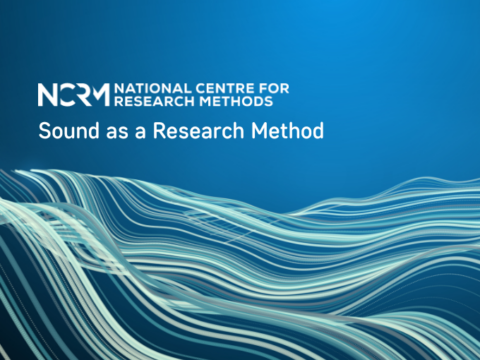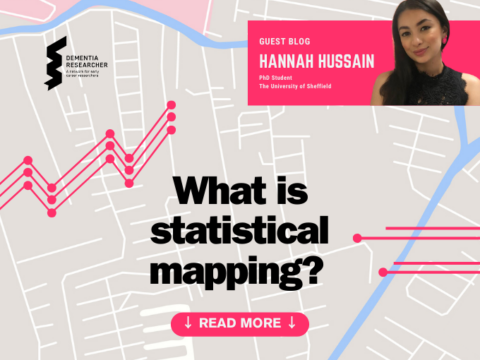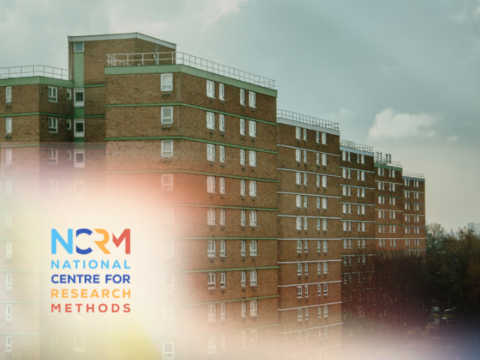Watch this presentation from Dr Olivia Sexton, Senior Researcher at National Centre for Social Research – learn what cognitive interviewing is, and why you might use it.
Cognitive interviewing is a qualitative research method used to understand how individuals interpret and respond to survey questions. It’s often employed during the development or testing phase of surveys to identify potential issues with question wording, structure, or interpretation. The aim is to ensure that questions elicit the type of information intended by the survey designers.
The process generally involves one-on-one interviews in which the participant is asked to answer survey questions. Participants may then be asked to ‘think aloud’ as they go through the process of interpreting and answering the question, or they may be probed after responding to clarify how they arrived at their answers. For example, if a question is unclear or ambiguous, the interviewer might ask, “Could you please explain what you were thinking when you answered that question?”
Here are some key aspects:
- Think-Aloud Protocols: Participants are asked to verbalise their thought processes as they answer survey questions. This helps identify issues such as unclear wording, ambiguous questions, or misinterpretation of the question’s intent.
- Verbal Probing: After a question has been answered, the interviewer may ask follow-up questions to clarify the respondent’s thought process. These might include questions like “What does this term mean to you?” or “Could you explain why you chose that particular answer?”
- Paraphrasing: Participants might be asked to paraphrase questions in their own words, which helps to identify whether the original question was clear and easily understood.
- Response Coding: The interviewer may categorise the types of issues that arise during the cognitive interview, such as whether problems relate to question wording, the format of the answers provided, or the respondent’s knowledge or attitude about the topic.
- Revision of Survey: Based on the findings from cognitive interviews, survey designers can make necessary modifications to improve the clarity and reliability of their questions.
By using cognitive interviewing, researchers aim to minimise response errors and improve the validity and reliability of survey instruments, thereby increasing the quality of the data collected.
The talk was among the keynote presentations at the Mobile Apps and Sensors in Surveys (MASS) workshop.
Visit the NCRM website: https://www.ncrm.ac.uk
Find online resources: https://www.ncrm.ac.uk/resources







